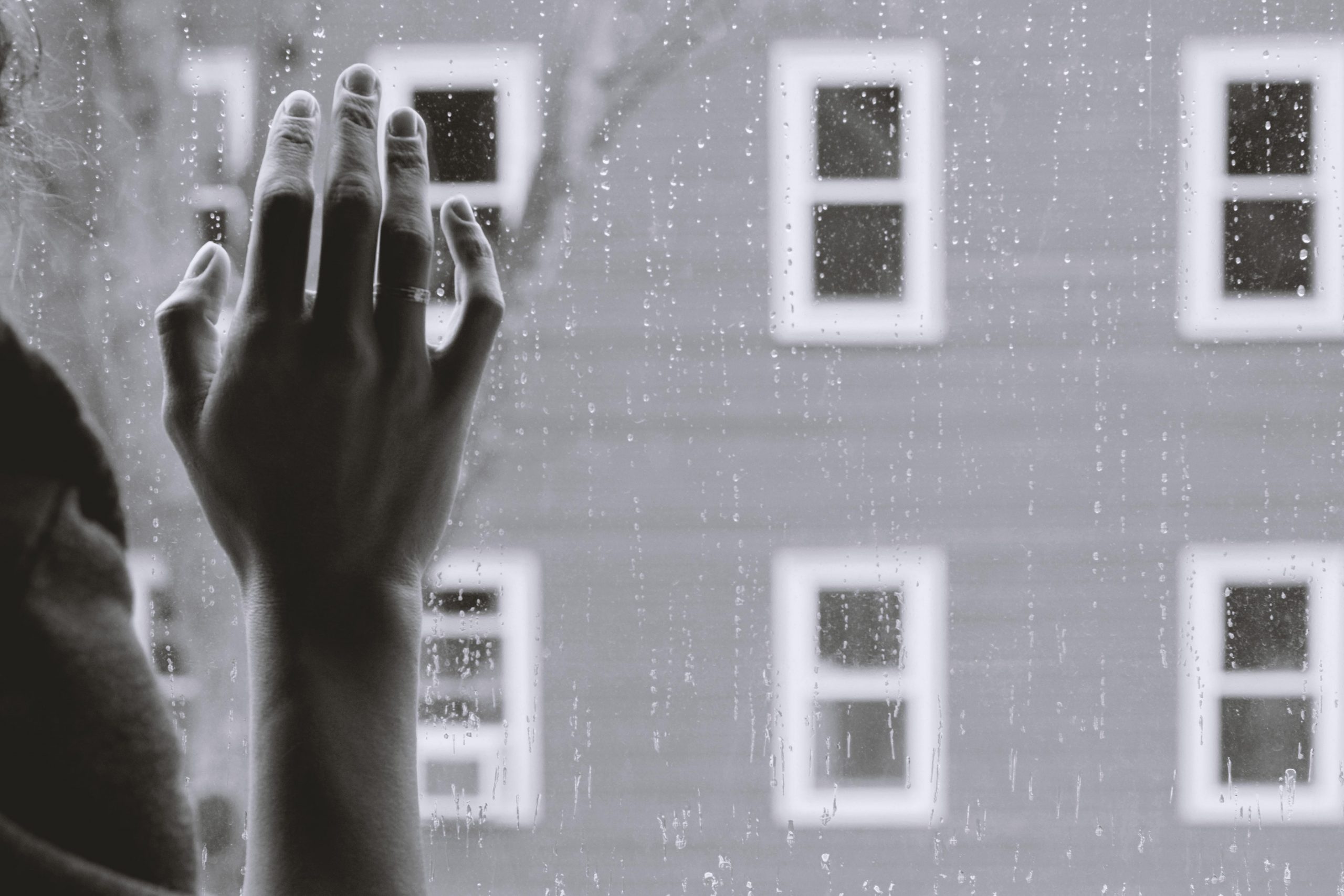With the clocks going back days are getting shorter and the skies start to darken by late afternoon.
For some students this can affect mood and trigger feelings of depression which last throughout the winter period.
This type of depression is known as seasonal affective disorder (SAD) which can occur at the same time every year, often as a result of a change in the seasons.
Seasonal affective disorder affects 6% of the population, with women being affected more than men and its cause is debated as it is not entirely understood.
However, the main theory is that the lack of sunlight stops a part of the brain called the hypothalamus from working properly, which in turn causes a reduction in the production of serotonin.
Furthermore, the human circadian rhythm (your internal clock) is distorted by the dark days and nights which can cause symptoms of SAD to occur.
For one KU student, Christina Antoniou, the winter months are a struggle. She described the winter period as an “isolating and lonely” time.
She said: “It starts with me having less social interactions as I don’t feel like I have the energy to meet anyone, I won’t even reply to texts.
“It becomes a vicious cycle of not wanting to get out of bed, paired with guilt that I’m not doing anything.”
Living alone can elevate feelings of depression and she compared living in accommodation to staying with family.
“When you are living with family you are able to just pop to the kitchen or sit on the sofa and watch a show together, even if doesn’t fix everything, just having someone in the room with you makes you feel less lonely.”
Antoniou said that solutions for the situation can vary and “change all the time” as it is difficult to find something that works for you.
However she did recommend the works of author Matt Haig who writes comfort books for dealing with depression and anxiety.
She said: “I like to read, or even painting and knitting, something where I feel engaged in the process and can see a start and finish to it.”
The mental health charity Mind suggests making the use of what daylight there is during the winter and to get out as much as possible.
They also suggest that people maintain their physical health and reach out to a helpline to talk to someone.
If you are struggling with your mental health during this winter period do not hesitate to call The Samaritans free on 116 123.

